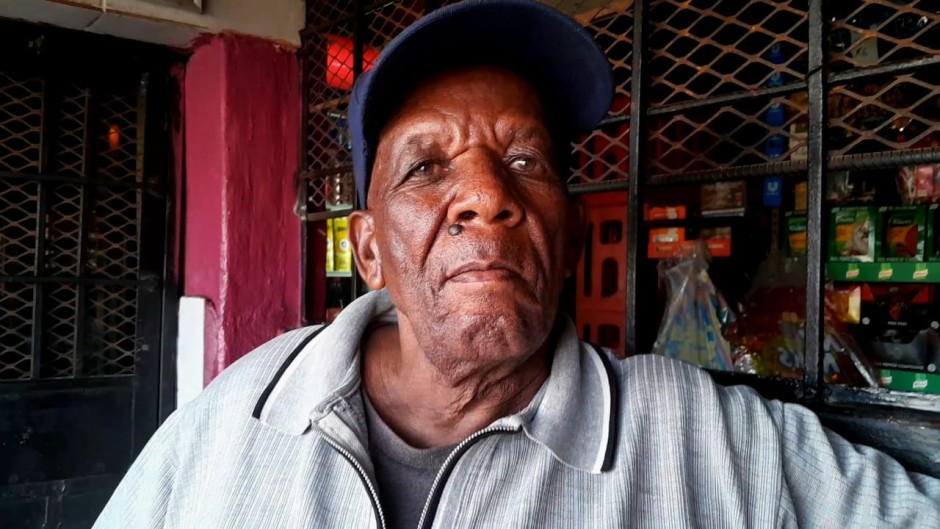Editor's Note: Gauteng Premier Panyaza Lesufi spoke to eNCA on Monday.
JOHANESSBURG - Spaza shops have long been a lifeline for the township economy, providing essential goods to communities.
However, recent foodborne illness outbreaks, which have resulted in the hospitalisation of over 200 pupils and the deaths of 23, have raised serious concerns about the regulations and bylaws governing these shops.
READ: Food safety | SGB body calls for ‘food poisoning’ state of emergency
Other business owners argue that lax enforcement of by-laws is compromising public safety.

Veteran spaza shop owner Solly Malibu
Solly Mabilu, a spaza shop owner who has been in business since 1982, has told eNCA that existing by-laws have made it easier for foreign nationals to dominate the spaza shop market while ignoring regulations.
"From what I know, foreign nationals are supposed to have the correct documentation to operate spaza shops, but I doubt this is the case here. Everywhere I turn they seem to be running shops. I'm starting to wonder if these businesses are even regulated, and if so, by whom?" Mabilu said.
His concerns were echoed by spaza shop owner Sonto Mayimane, who says her business had been thriving until an influx of spaza shops owned by foreign nationals began to flood her community.

Sonto Mayimane owner of TT spaza shop in Alexandra
She explained that she began losing customers, who prioritised lower prices over quality, which ultimately led to her business's collapse.
This forced her to reduce her stock.
"Inspectors called me out because of the excess stock I had in my shop that was almost nearing its expiry date. But when I asked if they had visited other spaza shops, they told me that the law does not allow them to. I ended up reducing my stock and relied on the Lotto machine for income instead," she said.

Tshiamo Mphahlele spaza shop owner
Another spaza shop owner, Tshiamo Mphahlele, said by-laws governing the handling of food products, including monitoring stock levels and expiry dates, had taken a back seat.
She told eNCA that she doubted the newly established spaza shops adhere to these rules.
In 2014, the Supreme Court of Appeal ruled that asylum seekers and refugees with valid permits have the legal right to operate businesses, including spaza shops.
This ruling followed Limpopo’s Operation Hardstick, which targeted businesses owned by foreign nationals, and while it legally protected foreign entrepreneurs, tensions remain in most parts of the country 10 years later.

Community leader Karabo Molefe
Community leader Karabo Molefe voiced concerns about the state of township spaza shops, saying weak by-laws have allowed economic power to shift to those who turn a blind eye to regulations.
"We no longer have a township economy. It has gone down the drain," she said.
Michael Ramotopo, deputy president of the South African Spaza and Tuckshop Association (Sasta) agreed.
He claimed that the government is not adequately addressing the compliance of spaza shops and accused authorities of failing to enforce regulations, saying some health inspectors allegedly collude with foreign nationals.
Ramotopo appealed to the government to grant Sasta the power to regulate spaza shops in order to address the issue of non-compliance.
In response, the spokesperson for the Department of Small Business Development, Noko Manyelo, outlined the regulations for compliance but acknowledged the limitations of the 1991 Businesses Act, particularly regarding the sale of food on or off premises and the licensing of perishable goods.
He said the department is working on new legislation to improve enforcement and compliance, and urged organisations like Sasta to help facilitate better coordination with enforcement agencies.
In the meantime, Gauteng Premier Panyaza Lesufi announced new by-laws for spaza shops, including their re-registration.
By Zandile Khumalo

